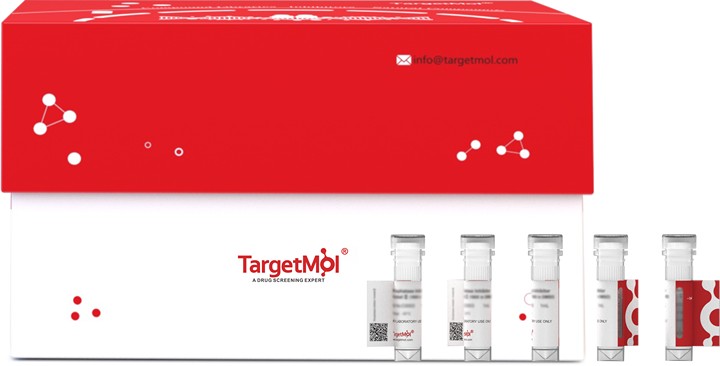购物车
 您的购物车当前为空
您的购物车当前为空
别名 MGI-IM, MGC31930, MCSF, Macrophage Colony Stimulating Factor, Lanimostim, CSF-1, CSF1, colony stimulating factor 1
M-CSF/CSF1 Protein, Mouse, Recombinant (E. coli) is expressed in E. coli. The accession number is P07141.

M-CSF/CSF1 Protein, Mouse, Recombinant (E. coli) is expressed in E. coli. The accession number is P07141.
| 规格 | 价格 | 库存 | 数量 |
|---|---|---|---|
| 5 μg | ¥ 656 | 现货 | |
| 10 μg | ¥ 1,080 | 现货 | |
| 20 μg | ¥ 1,880 | 5日内发货 | |
| 50 μg | ¥ 3,960 | 5日内发货 |
| 产品描述 | M-CSF/CSF1 Protein, Mouse, Recombinant (E. coli) is expressed in E. coli. The accession number is P07141. |
| 生物活性 | ED 50 < 3.0 ng/ml, measured in a cell proliferation assay using Murine M-NFS-60 cells, corresponding to a specific activity of > 3.3 × 10 5 units/mg. |
| 研究背景 | Macrophage-Colony Stimulating Factor (M-CSF), also known as Colony Stimulating Factor-1 (CSF-1), is a hematopoietic growth factor. It can stimulate the survival, proliferation and differentiation of mononuclear phagocytes, in addition to the spreading and motility of macrophages. In mammals, it exits three isoforms, which invariably share an N-terminal 32-aa signal peptide, a 149-residue growth factor domain, a 21-residue transmembrane region and a 37-aa cytoplasmictail. M-CSF is mainly produced by monocytes, macrophages, fibroblasts, and endothelial cells. M-CSF interaction with its receptor, c-fms, has been implicated in the growth, invasion, and metastasis of of several diseases, including breast and endometrial cancers. The biological activity of human M-CSF is maintained within the 149-aa growth factor domain, and it is only active in the disulfide-linked dimeric form, which is bonded at Cys63. |
| 种属 | Mouse |
| 表达系统 | E. coli |
| 标签 | Tag Free |
| 蛋白编号 | P07141 |
| 蛋白构建 | Lys33-Pro187 |
| 蛋白纯度 | > 95% as determined by SDS-PAGE |
| 缓冲液 | Lyophilized after extensive dialysis against 50 mM Tris, 150 mM NaCl, pH 8.0. |
| 复溶方法 | Reconstitute the lyophilized protein in sterile deionized water. The product concentration should not be less than 100 μg/ml. Before opening, centrifuge the tube to collect powder at the bottom. After adding the reconstitution buffer, avoid vortexing or pipetting for mixing. |
| 别名 | MGI-IM, MGC31930, MCSF, Macrophage Colony Stimulating Factor, Lanimostim, CSF-1, CSF1, colony stimulating factor 1 |
| 内毒素 | < 0.2 EU/μg of protein as determined by the LAL method. |
| 分子量 | ~30 kDa (Reducing conditions) |
| 颜色 | White |
| 物理性状 | Lyophilized powder |
| 运输方式 | In general, Lyophilized powders are shipping with blue ice. Solutions are shipping with dry ice. |
| 存储 | Upon receiving, this product remains stable for up to 6 months at lower than -70°C. Upon reconstitution, the product should be stable for up to 1 week at 4°C or up to 3 months at -20°C. For long term storage it is recommended that a carrier protein (example 0.1% BSA) be added. Avoid repeated freeze-thaw cycles. |
对于不同动物的给药剂量换算,您也可以参考 更多